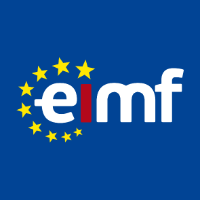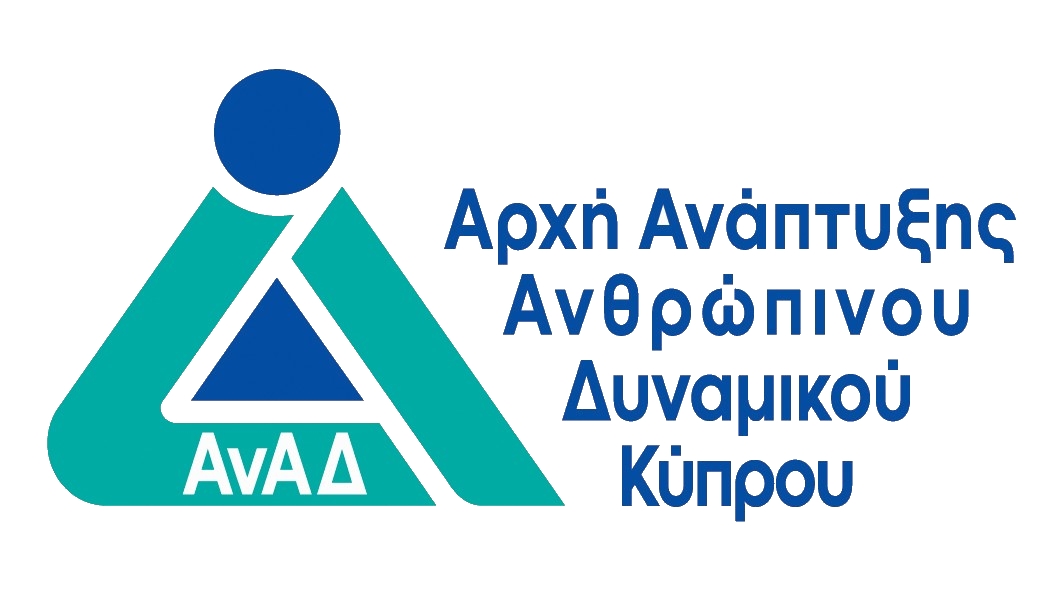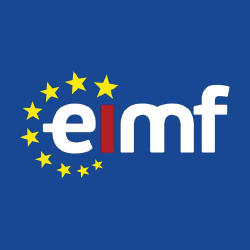
Sustainable Entrepreneurship: Integrating ESG Criteria into Business Strategy for Green Business Transformation (100% Subsidized)
- Οργάνωση/ Διοίκηση/ Ηγεσία - Ενέργεια/ Α.Π.Ε./ Περιβάλλον

ΠΕΡΙΓΡΑΦΗ
The programme is approved by the Cyprus Human Resource Development Authority (HRDA) as a “Vital Importance” training programme. HRDA Vital Importance programme fees are fully subsidised by the HRDA for up to three (3) eligible participants per business entity.
Course Overview
This 16-hour programme – comprising 12 hours of classroom training and 4 hours of inhouse consultation – aims to equip participants with a solid understanding of the fundamental principles of sustainable development, particularly the concept of Due Diligence across an organisation’s entire value chain. Participants will learn how to identify the social and environmental impacts of their company’s operations, as well as the financial risks and opportunities that may arise from environmental and societal developments—both locally and globally. They will then be guided in developing a comprehensive sustainability strategy for their organisation, one that includes setting clear goals and developing action plans based on Key Performance Indicators (KPIs) related to sustainability.
Moreover, this training addresses an urgent need as organisations face increasing pressure to transition toward a greener economy. This transition requires innovative changes across internal systems, processes, strategies, corporate structures, cultures, and governance frameworks, often encountering internal resistance. Many organisations struggle to incorporate sustainable practices into their operations and financial models due to a lack of specialised ESG knowledge and skills, limited access to effective organisational tools, and, most importantly, a lack of conviction among key decision-makers about sustainability as a competitive advantage.
By showcasing real examples of successful transitions and integrating crisis management approaches in environmental and social domains, this programme seeks to inspire and enable leaders to drive sustainable transformation. In light of the increasing regulatory demands from European legislation on corporate social responsibility and climate-related governance, staff training and upskilling is no longer optional but essential for organisations seeking to boost resilience, innovation, competitiveness, and compliance.
ΣΚΟΠΟΣ ΣΕΜΙΝΑΡΙΟΥ
By the end of the programme, participants will be able to:
- Analyze ESG fundamentals: Identify key sustainability topics across Environmental, Social, and Governance pillars, understand EU legislation requirements, and distinguish between greenwashing and genuine ESG policies.
- Assess organizational impact: Conduct Double Materiality Analysis to determine material sustainability topics, map value chains, and identify impacts, risks, and opportunities facing their organization.
- Engage stakeholders effectively: Identify key stakeholders, determine their position within the value chain, and collaborate across departments to support sustainability implementation.
- Develop sustainability strategies: Build capabilities to create ESG-based strategies, set realistic short- and long-term goals, and integrate sustainability into business decision-making processes.
- Implement sustainable practices: Apply best practices for managing energy, water, and waste, promote environmentally sustainable practices organization-wide, and actively participate in sustainability initiatives.
- Champion sustainability leadership: Justify the business case for sustainability integration, challenge unfounded claims about global sustainability trends, and advocate for stakeholder inclusion in decision-making.
ΣΕ ΠΟΙΟΥΣ ΑΠΕΥΘΥΝΕΤΑΙ
This training is primarily aimed at executives and professionals involved in the development of their organisation’s sustainability strategy, the implementation of related actions, and the promotion of a sustainability culture within the organisation.
These individuals typically form part of the organisation’s Sustainability Team, which may include:
- The Chief Executive Officer (CEO)
- The Chief Financial Officer (CFO)
- The Chief Sustainability Officer
- The Compliance Officer
- The Internal Auditor
- The Communications/Marketing Department
- Accounting Staff
- The Human Resources Department
- The Operations Department
- Health and Safety Personnel
- The Procurement Department
ΠΕΡΙΣΣΟΤΕΡΕΣ ΠΛΗΡΟΦΟΡΙΕΣ
Training Outline
Introduction
- Defining your organisation’s purpose
- The benefits of sustainability
- United Nations Sustainable Development Goals (SDGs)
- Stakeholder capitalism
- From Corporate Social Responsibility (CSR) to Environmental, Social, and Governance (ESG) criteria
Environment
- The Paris Agreement and findings from the IPCC report
- The European Green Deal
- Climate change and the path to net zero
- Energy, water and waste management
- Biodiversity loss
Society
- Human rights, diversity & inclusion
- The role of Human Resources (HR) in becoming a responsible and preferred employer
- Health & safety
- Affected communities
Governance
- How to create effective sustainable corporate governance structures
- Business ethics
- Regulatory compliance
- Anti-bribery & corruption
- Sustainable supply chains
- How innovation drives sustainability
ESG Due Diligence
- The importance of value chain mapping
- Identification & engagement of stakeholders
- Identification & assessment of impacts, risks, and opportunities (IRO)
- Double Materiality Analysis (DMA)
- Developing a sustainability strategy:
- Setting short and long-term targets for managing material Environmental, Social, and Governance topics
- Initial/partial development of strategy and action plan for each pillar: Environment, Society, Governance
- Best practices and sustainability strategies from leading companies
Next Steps – Plan for the In-house Training/Advisory Session
Training Style
The programme is interactive in nature. Participants will be actively involved, using their own experiences and challenges to reinforce and adapt the new knowledge and skills to their own reality, as well as examples, case studies, tools and simulations provided by the training team tailored and applied to their unique business needs. The use of assessments, tools and reflective exercises will also allow participants to increase their awareness and provide ample opportunity for reflection and discussion.
The training sessions will combine PowerPoint presentations, open discussions, case studies, audio/visual material and experiential exercises/tools.
In-house Training/Advisory Session
Upon completing the 12-hour in-class training programme, participants will engage in a tailored 4-hour in-house session offering focused guidance, advice, and training to address the specific needs and challenges of both the participants and their organisation.
During the 4-hour in-house training session, participants will apply the knowledge gained during the theoretical part by completing an Impact, Risk, and Opportunity (IRO) Assessment. Within this framework, they will be asked to map their organization’s value chains and identify the relevant IROs associated with their specific operations.
Furthermore, participants will develop a draft sustainability strategy for their organization, outlining the goals and actions to be undertaken for its implementation. This strategy will consist of three main components: Environmental Strategy, Social Strategy and Governance Strategy.
CPD Recognition
This programme may be approved for up to 16 CPD units in Financial Regulation. Eligibility criteria and CPD Units are verified directly by your association, regulator or other bodies which you hold membership
Πληροφορίες Εκπαιδευτή
Αναλυτικό Κόστος Σεμιναρίου
Για Δικαιούχους ΑνΑΔ
- € 1600.00
- € 1600.00
- € 0.00
- € 0.00
- € 0.00
Για μη-Δικαιούχους ΑνΑΔ
- € 1600.00
- € 0.00
- € 304.00
- € 1600.00
- € 1,904.00
 Ελληνικά
Ελληνικά  English
English



 Αγγλικά
Αγγλικά
 16 ώρες
(
2 μέρες
)
16 ώρες
(
2 μέρες
)






















